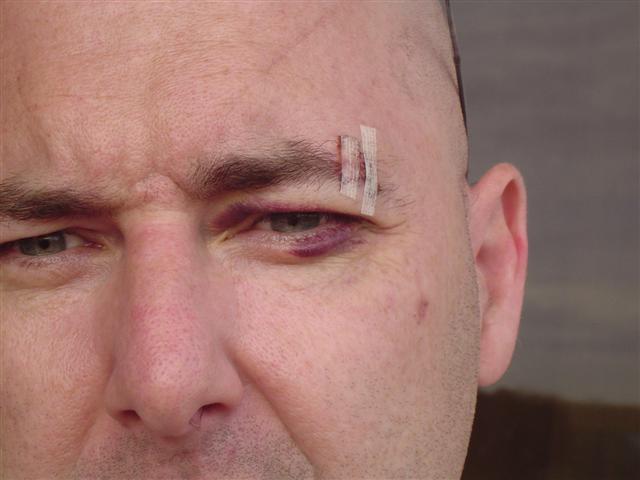as a catholic child we learn the process of sharing your sins with your confessor. the first time you do this, you are in a small room called a confessional. there is a wall with a screen separating you from a priest who you have deep fear of, who you may have never spoken to directly. the idea is that you confess all the things you have done, to your god, but for some unexplained reason you are required to do it to his earthly agent, your friendly parish priest.
this process does come with significant trepidation. what if the priest is offended by your honesty and thinks of you as a degenerate soul who is beneath saving? what if he uses you as a foil in his next sermon; discussing your sins with the entire parish? he may or not use your name, but everyone from your neighbors to your parents and grandparents would know it was you. you know you are the only kid in the church who is so bad that they would do these things. everyone suspects you are capable of these things, but being confirmed by the priest would be the proof they needed.
as we age, we realize that the confessional is a practice location of the skill of dealing with your fears and anxiety in an open way. it teaches you that telling the truth, even when you fear the results are a part of adulthood which is required. without the confessional experience, many would have no adult, no authority figure to turn to and to share the inner turmoil that comes with living a life. how would we practice telling the truth even when it hurts? how would we find the capacity to open up and discuss things that embarrass us, things that on natural reflex we would keep deeply hidden and private.
the confessional for some does come with continued anxiety. throughout their lives, they use the need to tell the priest, from whom they desire the respect that comes from being a good catholic, their sins to keep god happy with them, and the force to keep themselves in check. for these people, it is simply easier to not commit sins which would take this respect away. they may act so good, that the smallest thought is confessed, allowing the confessional connection to remain, without the real dangerous sins which would jeopardize the priests view of them as good catholics.
for others, the confessional becomes a location of distant memory. the need to place themselves in the situation of structured confession is lost to them. they have passed through the need to go into a dark room, to look into a screen shielding the eyes of the priest from their own and to ask for forgiveness for their thoughts or actions by saying the words, “forgive me father, for i have sinned, it has been 17 years since my last confession”.
the confessional is a safe place to unburden yourself. it is a place where you can share your inner demons or actions, and to have someone react with caring and respect. it is somewhere that you know you will be given a punishment, but one which is neither difficult nor unfair. it is somewhere, with someone, to talk about yourself and to be given absolution for your limitations.
the issue comes when you need this level of absolution, but when you don’t have the safety of the confessional to turn to. where does one go when they are not a practicing catholic? where do they go when they have no one in their life that will listen to them and help without judging them; without bringing their own feeling or expectations into the discussion? that is what the priest is trained to do, counsel without judging.
some turn to a secular counselor. they go to therapy, and discuss the feelings that make them feel badly about themselves or their lives. the counselor is there to help them work to acceptance, not to tell them how to feel about the situation, but to help them see that the guilt is self imposed. when they realize the situation is within their control, they can decide to allow themselves the freedom to let the guilt and anxiety go, to move on with their lives and to accept their future human frailties without self consuming regret.
others turn to the people around them, people who are engaged in the situation and untrained in non-judgmental acceptance. they expect their spouse to listen and understand the situation, or the action. deep down, they may actually hope the spouse will react to the confession and judge them harshly. they may do it to hurt the person, or to have the person do the dirty work of ending the relationship that they don’t have the strength to do themselves. this is not only unfair, it is cruel and mean. sharing in this way does nothing but damage another person. hurting another to make yourself feel better is not what the confessional teaches us, you should not take this into your life if you know you will do nothing but hurt someone you should be showing love. it is not respect to unburden yourself at someone else’s expense.
the confessional is a location of safety and security. it is sad that so many of us have the need for this safety and have no outlet for it. the need for a clean conscience does not always stop us from acting in a way that would upset another. but compounding that act by bringing further pain forward into another’s life is worse than the original act.
there are many ways to help yourself feel better, don’t use those around you because you are too afraid to walk into the dark box of self reflection.
Tuesday, June 05, 2007
Subscribe to:
Post Comments (Atom)











No comments:
Post a Comment